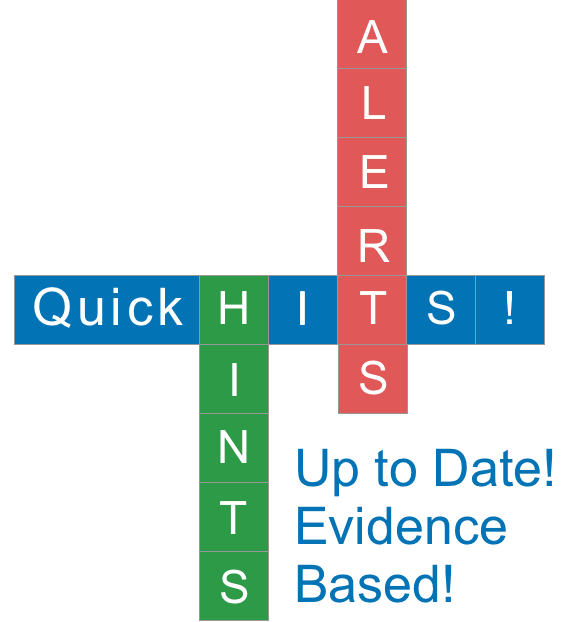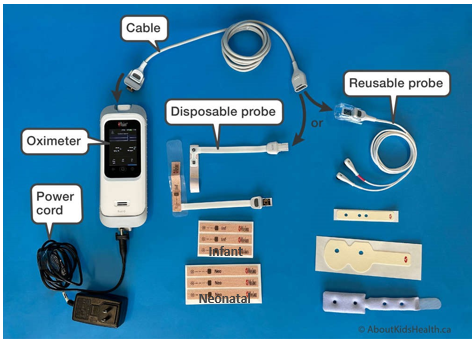ALERT: How to minimize risk when caring for children with suspected or confirmed measles in home and community?
Connected Care Quick Hits are up to date and evidence based recommendations for the care of children with medical complexity & technology dependence, from hospital to home.
ALERT: How to minimize risk when caring for children with suspected or confirmed measles in home and community?
SITUATION:
This QuickHit was developed to share information about precautions and how to minimize risk when caring for children with suspected or confirmed measles in home and community settings.
BACKGROUND:
Measles is a highly contagious virus that causes a febrile rash illness and poses significant health risks for children in home and community, especially those that are immunocompromised. In recent months, cases of suspected and confirmed measles are on the rise among children. The increase in cases is primarily related to travel and measles can easily spread to children who have not been previously infected or immunized against measles. Transmission of the virus to others can be avoided by ensuring prompt isolation and precautions for suspected and confirmed measles cases.
The only way to prevent measles is to receive appropriate vaccinations. Children typically receive two doses of the measles vaccine as part of routine primary care. The first dose is usually given soon after a child’s first birthday and the second dose is usually given when the child starts kindergarten.
ASSESSMENT:
Measles is identified through a physical examination of the child and confirmed a healthcare provider, who may order blood and urine tests as well as viral swabs from the nose or throat.
Children and families most at risk include those who are not vaccinated against measles, have had recent travel to an endemic region or are immunocompromised.
Typical signs and symptoms of measles include:
A fever lasting a few days.
Symptoms such as cough, runny nose, and red or watery eyes (conjunctivitis).
A rash that begins on the face, upper neck, and behind the ears, then spreads downward across the body to the arms, hands, legs, and feet (refer to the image below). After approximately five days, the rash diminishes in the same order it appeared.
Complications arising from measles can be severe, particularly in young children. These complications may include ear infections, diarrhea, and/or pneumonia. In rare cases, some children may also experience swelling or infection of the brain (encephalitis) after contracting measles.
RECOMMENDATION:
Connected Care recommends the following when caring for children with suspected or confirmed measles in home and community:
Monitor closely for signs and symptoms of measles. If a child is experiencing signs and symptoms, consider the following:
Child’s risk for measles (e.g., unvaccinated, partially vaccinated, immunocompromised).
Potential exposure risk (e.g., recent travel, known contact with a case of measles, residing in an area with recent case of measles).
If you suspect measles infection in a child, take the following next steps:
Provide the child with a mask (if able to tolerate use and there are no contraindications) when providing care.
Isolate the child in a single room with the door closed to prevent transmission to others. The child should isolate at home (e.g., cannot go to school or daycare) until at least five days after the rash first appears.
Contact the child’s healthcare provider for further assessment, testing and care.
Contact your local public health unit immediately to report the suspected case and to receive additional guidance. Do not wait for laboratory confirmation.
Ensure appropriate use of personal protective equipment (PPE) using airborne precautions. Confirm access to a fit-tested, seal-checked N95 mask even if you are immune. Additional PPE such as gloves, gown, and eye protection may be added as required based on the child’s signs and symptoms (e.g., runny nose, cough).
Verify your own immunity to measles and ensure your vaccinations are up-to-date. Contact your healthcare provider and/or employer, if you are uncertain.
Partner with your employer to schedule homecare visits in a way that minimizes exposure when caring for other children and families (e.g., at the end of the day).
Partner with family caregivers to promote measles vaccination among children. Encourage that they speak with their child’s healthcare provider about their immunity status and vaccination against measles.
Seek immediate medical attention at any time if you are concerned about the child’s clinical status. Inform the clinic or emergency department that the child has suspected or confirmed measles before you arrive so appropriate precautions can be taken to prevent the spread of the virus to others.
Review the following resources about measles from AboutKidsHealth and Public Health Ontario.














